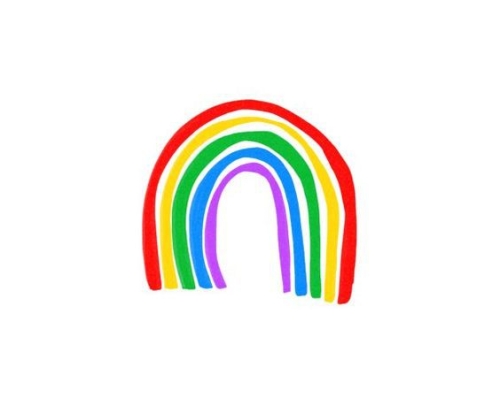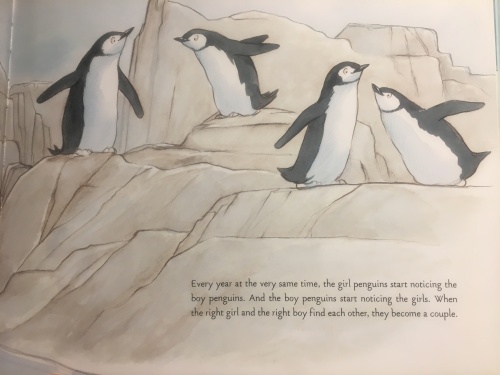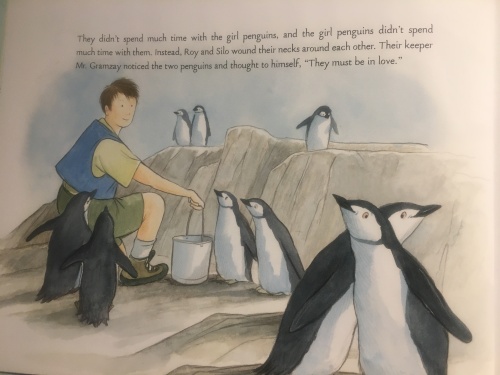
There are not many things that are perennially interesting to me, but one of them is the stories that we tell ourselves. We sometimes think that what we do, or think, or feel is just a reaction. ‘Such-and-such happened which is why I acted or thought or felt the way I did’. Yet so much of how we experience the world is determined by the stories that we tell ourselves. The charming, gay neurologist Oliver Sachs puts it well:
“We have, each of us, a life-story, an inner narrative – whose continuity, whose sense, is our lives. It might be said that each of us constructs and lives, a “narrative”, and that this narrative is us, our identities. If we wish to know about a man, we ask “What is his story – his real, inmost story?” for each of us is a biography, a story.”
I’m currently thinking about this in relation to inequality and education in a chapter I am working on, but that’s more about a collective story that we tell ourselves as a country. Thomas Piketty tells us that “Inequality in every country needs to be justified. You need to tell a story about why this level of inequality is acceptable or unacceptable.” That one quote has been really generative for me lately but right now I’m thinking about stories on a personal level.
While I was overseas for a conference last week I came across a children’s book called “and tango makes three” by Justin Richardson and Peter Parnell. I love buying my niece and nephew books to read because they can never have too many books. But this book hit home for me and actually made me teary in the book store. I thought I’d share it here in the hope that others will come to the same realisation I did…














This last page was especially moving for me. As someone who grew up gay in a straight world, all the stories I was read as a child (and in fact all the books that existed in our bookstore and our library) had only straight characters. Princes marrying princesses, boys building, girls cooking, and any number of iterations on traditional gender roles and ‘normal’ sexual identities. Now that we do have stories stories with gay protagonists or children that don’t fit the norm I think some parents are reluctant to buy them. Their logic (I think) is that they don’t want to influence their child’s sexuality – or, more accurately, – to influence them in a non-heterosexual way. I find this incredibly ignorant. Nine times out of ten when you probe modern educated parents (and scientists and geneticists) they will agree that sexuality and gender identity are more likely to be about genetics (or epigenetics) than anything else. Yet this persists.
What they seem to miss is the quiet violence done to their children by presenting only one version of the world, one story, and possibly one that they do not see themselves in. Children map the world by the stories they are told and the stories they learn to tell themselves. Brene Brown has this great quote where she says that if you go around looking for a reason why you don’t belong, you will always find one. And I think this is one of the costs of growing up and not seeing yourself represented in the stories you’re told. You feel you don’t belong.
I want my niece and nephew to grow up in a world where they know that whoever they are, they belong. Different ≠ wrong. The stories we tell ourselves, and the ones we tell our children, matter. My niece and nephew have hundreds of books with stories about everything under the sun. I want to make sure that I’m in one of those stories, and that if they are too, that’s also totally OK. Whoever they are and turn out to be, they belong.



 Juno Dawson –
Juno Dawson – 
 IGLYO – International Lesbian, Gay, Bisexual, Transgender and Queer Youth and Student Organisation: works with over 95 LGBTQ groups, run by and for young people.
IGLYO – International Lesbian, Gay, Bisexual, Transgender and Queer Youth and Student Organisation: works with over 95 LGBTQ groups, run by and for young people. Metro – Equality and diversity charity, focusing mainly around London and South East.
Metro – Equality and diversity charity, focusing mainly around London and South East.


